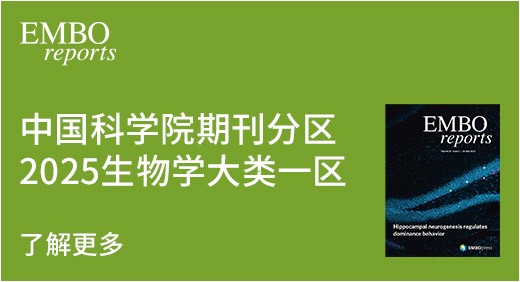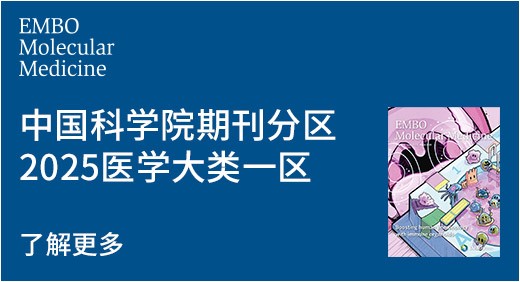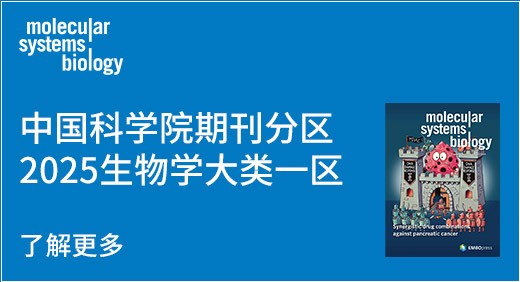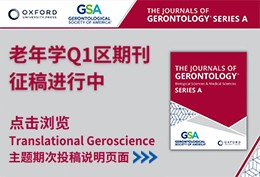当前位置:
X-MOL 学术
›
Chem. Sci.
›
论文详情
Our official English website, www.x-mol.net, welcomes your
feedback! (Note: you will need to create a separate account there.)
A stable covalent organic framework for photocatalytic carbon dioxide reduction†
Chemical Science ( IF 9.969 ) Pub Date : 2023-02-15 , DOI: 10.1039/c9sc03800k Zhiwei Fu, Xiaoyan Wang, Adrian M. Gardner, Xue Wang, Samantha Y. Chong, Gaia Neri, Alexander J. Cowan, Lunjie Liu, Xiaobo Li, Anastasia Vogel, Rob Clowes, Matthew Bilton, Linjiang Chen, Reiner Sebastian Sprick, Andrew I. Cooper
Chemical Science ( IF 9.969 ) Pub Date : 2023-02-15 , DOI: 10.1039/c9sc03800k Zhiwei Fu, Xiaoyan Wang, Adrian M. Gardner, Xue Wang, Samantha Y. Chong, Gaia Neri, Alexander J. Cowan, Lunjie Liu, Xiaobo Li, Anastasia Vogel, Rob Clowes, Matthew Bilton, Linjiang Chen, Reiner Sebastian Sprick, Andrew I. Cooper

|
Photocatalytic conversion of CO2 into fuels is an important challenge for clean energy research and has attracted considerable interest. Here we show that tethering molecular catalysts—a rhenium complex, [Re(bpy)(CO)3Cl]—together in the form of a crystalline covalent organic framework (COF) affords a heterogeneous photocatalyst with a strong visible light absorption, a high CO2 binding affinity, and ultimately an improved catalytic performance over its homogeneous Re counterpart. The COF incorporates bipyridine sites, allowing for ligation of the Re complex, into a fully π-conjugated backbone that is chemically robust and promotes light-harvesting. A maximum rate of 1040 μmol g−1 h−1 for CO production with 81% selectivity was measured. CO production rates were further increased up to 1400 μmol g−1 h−1, with an improved selectivity of 86%, when a photosensitizer was added. Addition of platinum resulted in production of syngas, hence, the co-formation of H2 and CO, the chemical composition of which could be adjusted by varying the ratio of COF to platinum. An amorphous analog of the COF showed significantly lower CO production rates, suggesting that crystallinity of the COF is beneficial to its photocatalytic performance in CO2 reduction.
更新日期:2020-01-02














 京公网安备 11010802027423号
京公网安备 11010802027423号